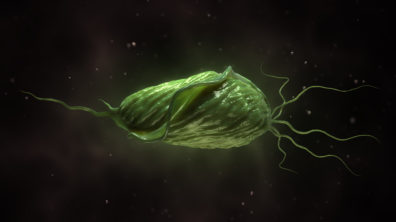
Healthcare-associated infection (HAI) - February 01, 2015
Evaluation of BD MAX™ Cdiff assay for toxigenic C.difficile detection
Evaluation of the BD MAX™ Cdiff assay for the detection of toxigenic Clostridium difficile in human stool specimens
Papanin Putsathit 1, Justin Morgan, Damien Bradford, Nelly Engelhardt, Thomas V Riley
February 2015
Abstract: The Becton Dickinson (BD) PCR-based GeneOhm Cdiff assay has demonstrated a high sensitivity and specificity for detecting Clostridium difficile. Recently, the BD MAX™ platform, using the same principles as BD GeneOhm, has become available in Australia. This study aimed to investigate the sensitivity and specificity of BD MAX™ Cdiff assay for the detection of toxigenic C. difficile in an Australian setting. Between December 2013 and January 2014, 406 stool specimens from 349 patients were analysed with the BD MAX™ Cdiff assay.
Direct and enrichment toxigenic culture were performed on bioMérieux ChromID C. difficile agar as a reference method. isolates from specimens with discrepant results were further analysed with an in-house PCR to detect the presence of toxin genes.
The overall prevalence of toxigenic C. difficile was 7.2%. Concordance between the BD MAX™ assay and enrichment culture was 98.5%. The sensitivity, specificity, positive predictive value and negative predictive value for the BD MAX™ Cdiff assay were 95.5%, 99.0%, 87.5% and 99.7%, respectively, when compared to direct culture, and 91.7%, 99.0%, 88.0% and 99.4%, respectively, when compared to enrichment culture.
The new BD MAX™ Cdiff assay appeared to be an excellent platform for rapid and accurate detection of toxigenic C. difficile.













